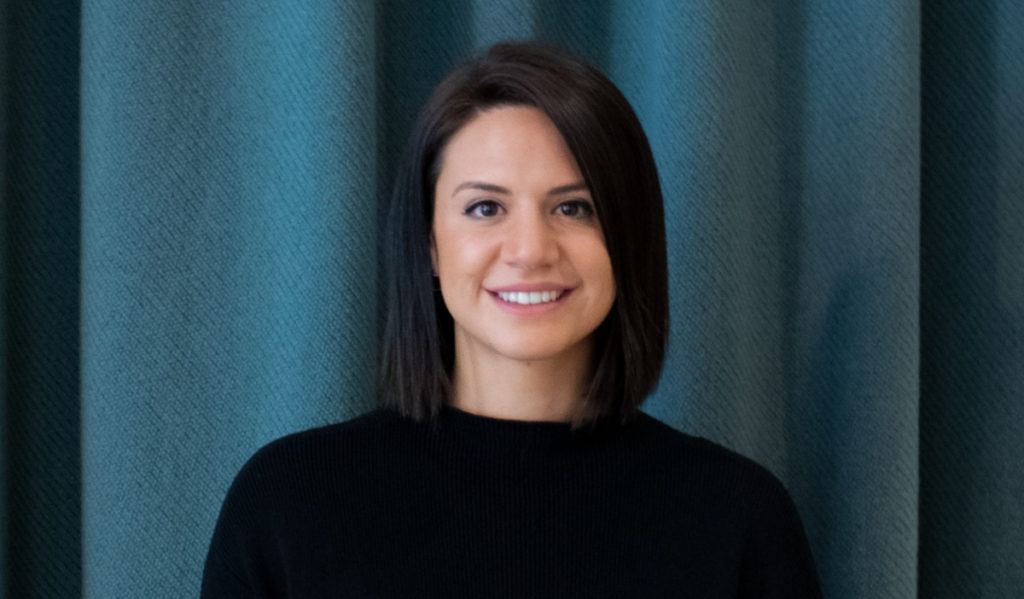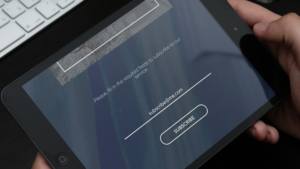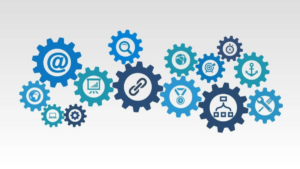These articles have been written by the first cohort of the Practice Makes Unperfect programme – a course that helps women find and finesse their public voices.
By Geneve Tendler, Brand Strategist, Adyoulike
The way we interact with clients was already changing, but this year it’s become almost unrecognisable. As a client-facing strategist, I went from spending 50% of my time in external meetings to full days at home, a five-figure expense budget to zero, and from not knowing what a Zoom call was, to having six per day.
I entered the industry five years ago, with an eerie feeling that I’d just missed the party. The ‘work hard, play hard’ mentality at the time sparked war stories comparable to Wolf of Wall Street. Fast forward to 2019 and we’d found some balance. Agency parties were still a big deal but supplemented with a bit of health and wellbeing: a 1Rebel class, breakfast or maybe even a manicure.
Industry press has been filled with declarations that the debauchery of our Cannes days are over, and the relationship between brands and suppliers is evolving to be a more ‘professional’ one. Wooing simply wasn’t enough to sustain an ongoing business relationship.
With many technology platforms offering very similar products, they’ve had to work harder by creating more engaging high-impact formats, provide better data-driven marketing solutions and forge stronger more meaningful relationships with clients. All good stuff.
Oh, then 2020 happened. Today is a different story as I write from home, at the end of the second UK lockdown of a global pandemic.
So now, we’re faced with a new challenge: how can we possibly build and maintain relationships with clients from behind a computer screen? I know I’m not alone in voicing my struggles here. Coffee catch-ups, bumping into people in the reception, emergency breakfasts after the night before – these were the bread and butter of my role. These friendly and real-life encounters felt so essential and a great way to build a bond.
But I’ve always been interested in Social Exchange Theory, which states that every relationship, whether it’s romantic, friendship or professional, requires a healthy mix of risk, reward, cost and benefit to thrive. Wherever it is.
Reward and cost are subjective. Previously, there was an obvious exchange of simple things that we could enjoy with our clients such as food, drinks and laughter. Ordering cupcakes and laying out branded notepads in preparation for a big meeting feels like forever ago now! But virtual relationships make it tougher to provide the same measurable rewards.
Now, we get a deeper understanding of the way our clients work, the speed at which they work, their personality types, their family situation and what their living room looks like.
But Social Exchange Theory still applies, and rather than treating clients in person, my role has evolved to reward my clients by just doing a better job more personalised to them and their mental needs. There are a few ways I’ve learned to adapt, which may help you, too:
- Making life easy: People have lost their jobs, roles have been consolidated, and we now have to work harder than ever. Time is limited in this new working day, so be proactive and share useful content which your clients can easily include in their work and share with the team.
- Quick, meaningful meetings: Not every session has to be two hours long. Productive 15 minute meetings have enabled us to jump into new projects faster.
- Mental health check-ins: Ask them how they are. Seriously. And then listen. You might be the first person they’ve spoken to that day.
- Know when to leave them alone! You don’t need to chase feedback every day. Be really clear on your timings and give real – not fictional deadlines. (This is also a two-way street!)
- Mix up your meetings: There’s loads of tools you can use, like Mural or Miro that allow you to have a different type of meeting. Virtual brainstorms or planning sessions where everyone can contribute on their own terms. Tailor them to your clients’ personalities, too.
- Nice Surprises – There are heaps of new startups like huggg.me or Book Block offering small posted gifts like brownies, wine or exercise class vouchers. A small hello in the post can make someone’s day.
Without the smoke and mirrors of boozy nights, in the midst of one of the most stressful years of our generation, we have been forced to evolve the way we work and simply shift our focus to what our clients really need. Reliable, efficient and transparent client relationships are the new, less sexy normal.








